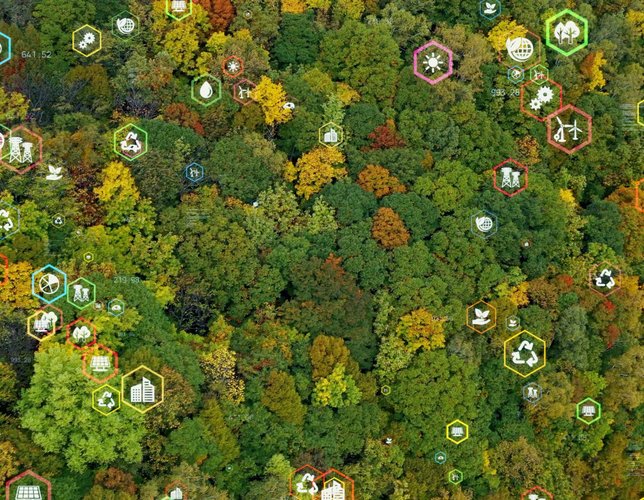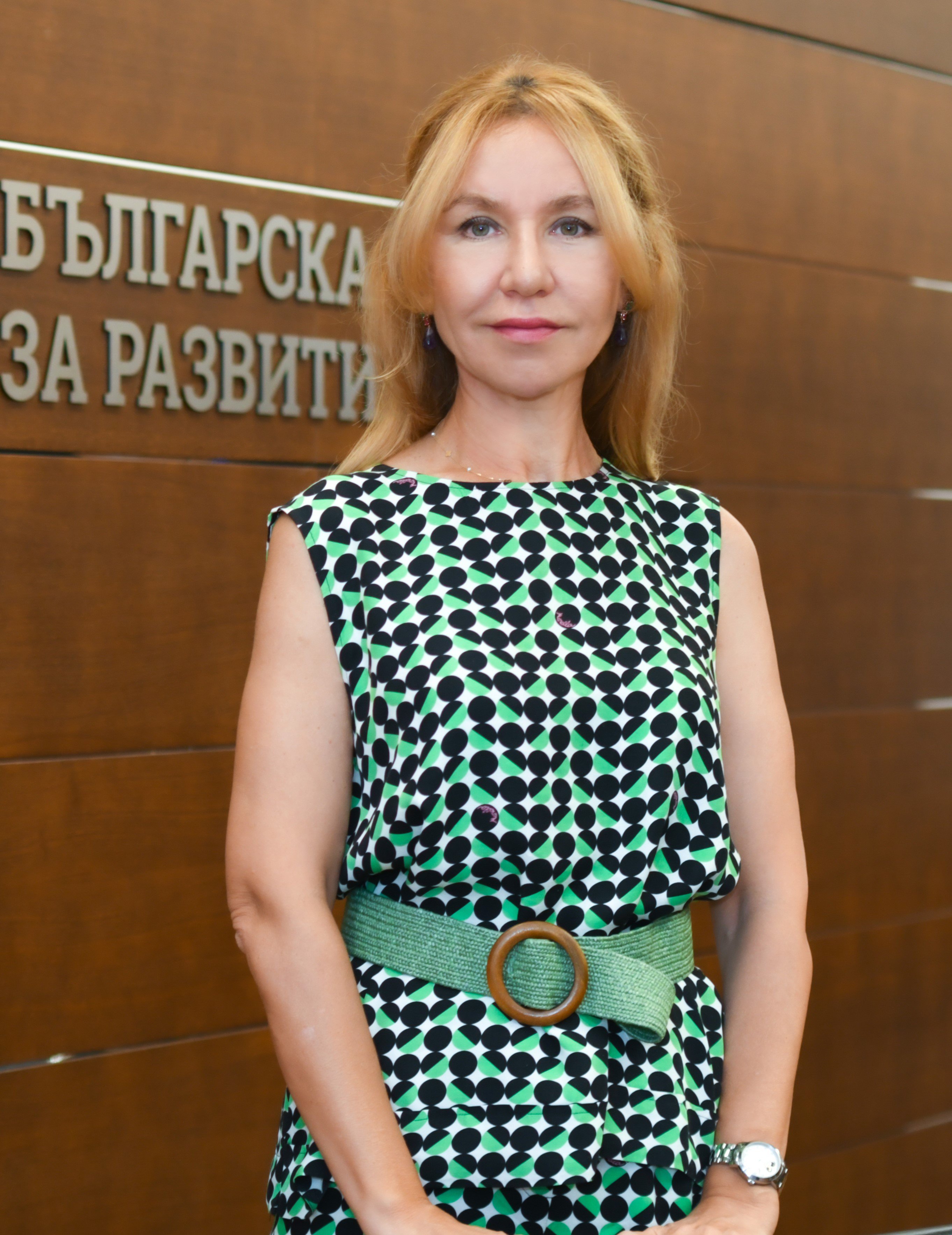
BDB will help small companies in the green transition
Standards will restore confidence in ESG evaluations, says Sofia Kasidova, Head of Strategic and Green Policies Department
 Until the end of the last century, the main objective of business and investors was considered to be profit growth and good returns for shareholders, without considering the social or environmental impacts of business. However, things began to change. The symbolic beginning of this was set by the film "The Inconvenient Truth" of the former US Vice President Al Gore, which shook the world with startling facts about climate change and climate catastrophes threatening humanity. The crises of recent years have provoked more companies to include, in addition to the public interest, the environmental one as well (Environmental, Social and Governance) as the basis of sustainable and responsible investing.
Until the end of the last century, the main objective of business and investors was considered to be profit growth and good returns for shareholders, without considering the social or environmental impacts of business. However, things began to change. The symbolic beginning of this was set by the film "The Inconvenient Truth" of the former US Vice President Al Gore, which shook the world with startling facts about climate change and climate catastrophes threatening humanity. The crises of recent years have provoked more companies to include, in addition to the public interest, the environmental one as well (Environmental, Social and Governance) as the basis of sustainable and responsible investing.
The ESG approach relies on the concept that a business is likely to be more successful if it creates value for all stakeholders, including the environment, and not just for its owners. However, the ESG evaluation as a component of the overall financial risk means the presence of numerous sub-factors forming a complex rating scale - accumulation of rows of comparable and unambiguous data for borrowers from all sectors of economic activity. The understanding of climate risk is not unambiguous - it depends which side of the economy you are on.
The implementation of ESG practices cannot begin and end without the banks. It is on them that the main burden falls to assess how "green" a project is, to create the new criteria, to accumulate information databases and to prepare registers of indicators that show whether the company or investment is "green". When a company or project has a clear path on how to decarbonize, banks can support it. But evaluating such investments is by no means an easy process. The interview with Sofia Kasidova, Head of Strategic and Green Policies Department at the Bulgarian Development Bank, is focused exactly on that.
BDB as a development bank has the mission to seek that long-term added value that cannot be immediately measured by financial benefit. This contribution is part of the ESG concept, where benefits to the environment and the world that cannot be measured now will materialize in the future. The bank is preparing a scoring system for an ESG evaluation of the factors and risks and the readiness of the small and medium-sized companies. It is assisted by consultants of the European Investment Bank, its long-term partner, which has one of the best practices among European banks. Part of the mechanism is the sustainable financing policy, the list of sectors excluded from financing, the verification criteria, the data register for green projects and companies, the tools for reporting and adapting global green lending practices.
In the updated Strategy of the BDB for the period 2021-2023, it is planned that by the end of the period 20% of the new loans will be "green", i.e. in line with ESG. But the application of the "green" taxonomy is a process of how, from its current unsustainable state, a given economic activity becomes sustainable and with zero carbon emissions. Small and medium-sized companies shall also prepare for this transition.
The overlapping of multiple crises has done no favors to the transition to a decarbonized world and "green" investment, nor to any investment activity. However, Sofia Kasidova is convinced that the way forward is precisely in impact investing, investing with added value and positive impact. Because if we all seek profit according to the logic of the financial world, it will not matter in 20 years, when 20% of the planet will be uninhabitable due to heat and drought. People will migrate and live in a world where other usefulness and assets will matter. The increase in carbon emissions is undeniable. How we achieve decarbonization depends on goodwill, change, preparation and planning. And also investments.
Photo: BGlobal
